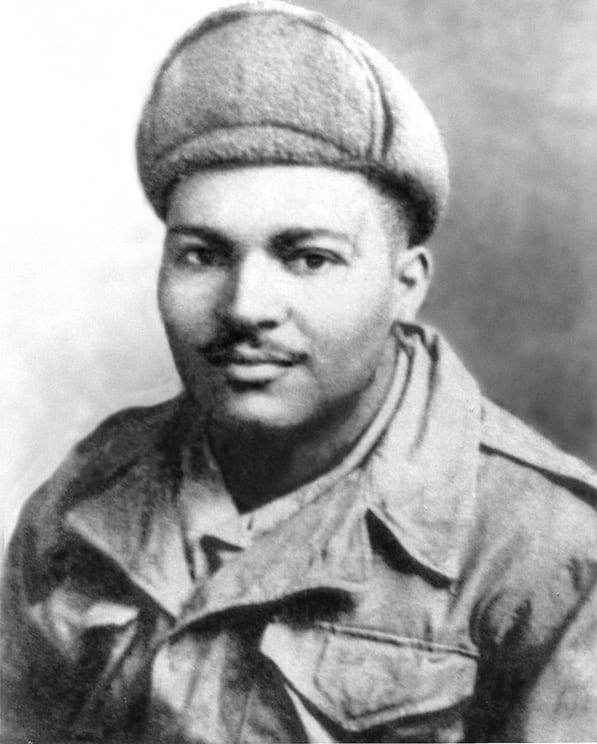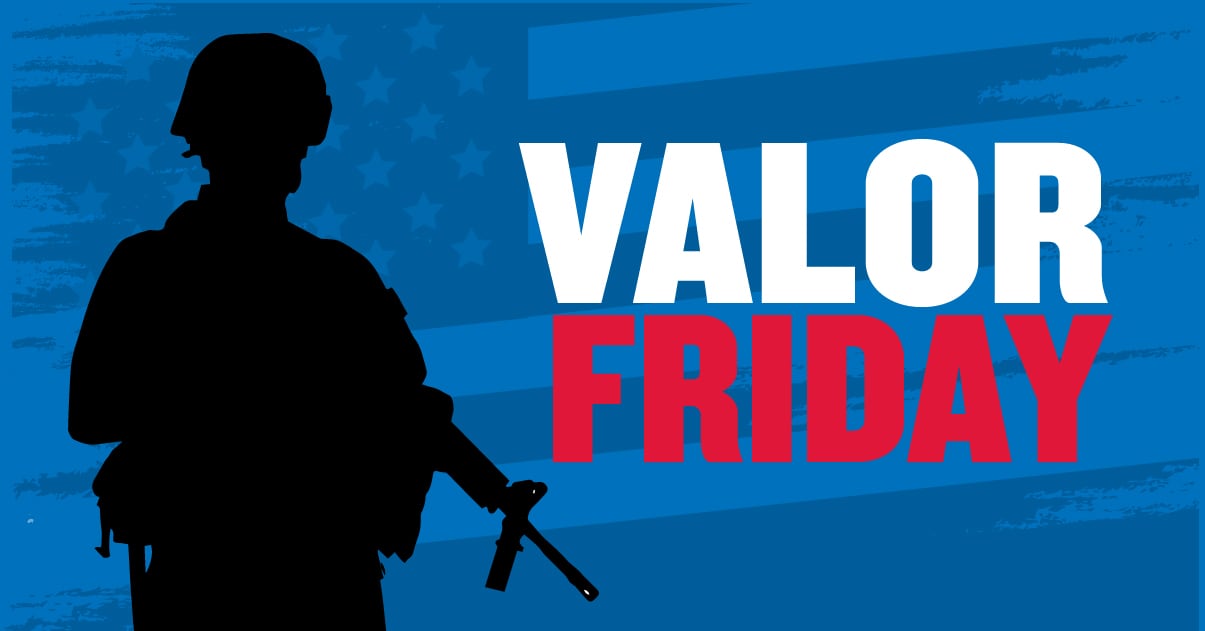Cornelius H. Charlton spent much of his military career away from the front lines.
Born to a coal mining family in West Virginia, Charlton enlisted in the Army in 1946 at the age of 17 and was shipped out to allied-occupied Germany, where he served out his entire enlistment. The young sergeant was then assigned to an administrative position in occupied Japan after he reenlisted.
Soon after his 1950 arrival to Japan, U.S. involvement in the Korean War surged. It was then that Charlton decided he had spent enough time on the sidelines, and he subsequently requested to be moved to a combat unit in South Korea.

Although President Harry S. Truman had ordered the military to desegregate its ranks only two years prior, many units remained racially separated. One of those was the 24th Infantry Regiment, a unit that helped comprise the famed Buffalo Soldiers.
Charlton reported to the 24th in early 1951, and by May of that year, was on the front lines as part of an operation to push Chinese and North Korean troops out of the South.
In June, Charlton’s company was tasked with taking a hill near the village of Chipo-ri. The company was battered after their first attempt up the hill, a failed charge that saw Charlton’s platoon commander mortally wounded.
With no clear leader, the 21-year-old sergeant took command, reorganizing the men for another charge. Despite mounting casualties inflicted by devastating Chinese infantry and mortars, Charlton and his men slowly progressed up the hill.
Charlton ran ahead of the men numerous times, personally taking out two entrenched enemy positions and killing six Chinese soldiers with his rifle and grenades.
During one advance, the sergeant was severely wounded in the chest, but refused medical treatment, insisting instead on continuing to lead his men on a third daring charge. Personal accounts from those who fought alongside him said Charlton could be seen charging up the hill while “holding his chest wound with one hand and an M1 carbine with the other.”
As the Buffalo Soldiers reached the crest, they became pinned down as enemy fire intensified from an emplacement on the opposite slope. Ignoring his wounds, Charlton charged across the top of the hill at the head of the formation, unleashing all the fire he had at his disposal on the enemy position.
During his furious advance, he was struck once more by an enemy grenade, but continued his relentless attack until the enemy position was destroyed. He then succumbed to his wounds.
“Let’s go” were the last words Charlton’s men heard him utter before his final assault.
RELATED

The 21-year-old sergeant was posthumously awarded the Medal of Honor, which his parents accepted in 1952 from Secretary of the Army Frank Pace.
Despite his heroics, Charlton was not offered a burial spot in Arlington National Cemetery, a decision his family claimed was due to racial discrimination. The controversy garnered much national attention, leading to Charlton’s reburial in Arlington in 2008.
For more, read Charlton’s Medal of Honor citation.
J.D. Simkins is the executive editor of Military Times and Defense News, and a Marine Corps veteran of the Iraq War.




